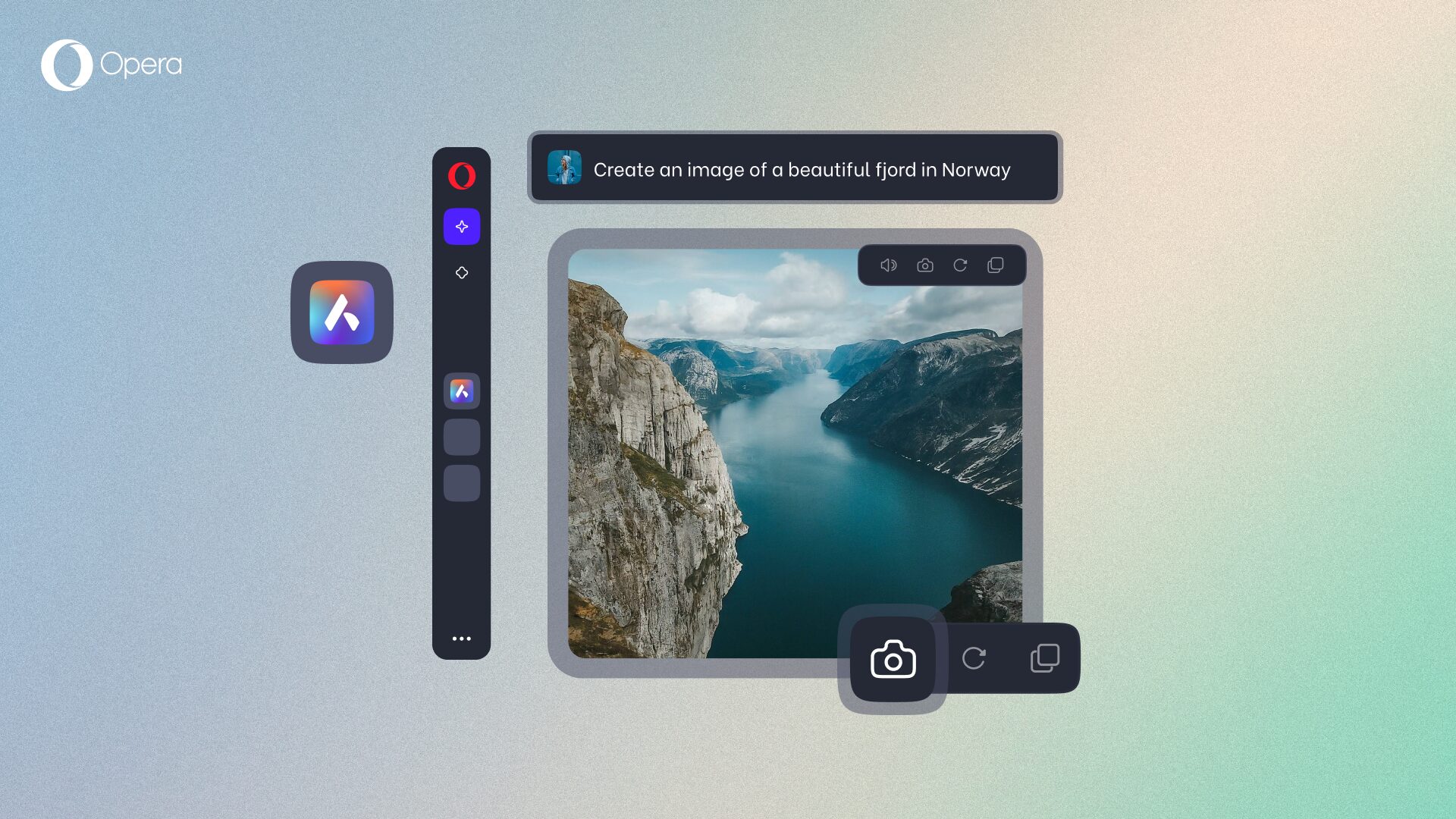What is Web 3.0 and why should you care you’re in it?

It’s hard to imagine our lives without devices and connectivity. Where should we pick up friends at the chaotic airport arrival area? Which takeaway Indian restaurant is closest? Can I send money to my best friend who lost his wallet in Ibiza? I’d like to check in on my apartment while I’m away, can I monitor my appliances, lights and cameras? Thanks to Web 3.0 you can accomplish all of the above within the hour and have time to read this blog.
Web 2.0 and 3.0 explained
How did we become so reliant on the Web? Steadily, functionality advanced from the early days of the “Web” (1991-2004) that published simple, static pages of personal websites and basic information. It was one-dimensional but served as a repository for sought after information. Opera was instrumental from the very beginning by developing two ultra-fast browsing engines, a critical piece of making browsers work. Its small and fast browser was preloaded into Nokia and Ericsson mobile phones as a key product component and feature. Did you know Opera also invented the “tab” functionality?
The next advancement referred to Web 2.0, moved users to a more participatory version which enabled interaction with other content creators. Social media websites like Facebook, photo and video sharing sites like Flickr and YouTube united like-minded communities together to interact, built affinity and supported collaboration around the world.
You probably don’t realize it now, but you are experiencing the benefits of both Web 2.0 and 3.0 simultaneously! The popularity of internet enabled mobile devices and the merging of sensors, self-sovereign identities, and built-in crypto wallets with the web is the next generation. It’s what technologists call, Web 3.0. The Web of Tomorrow.
Web 3.0 connects devices (mobiles, cars, appliances, music, home entertainment systems), decentralized networks (distributed databases, cryptographic keys) and incorporates advancements in machine learning and reasoning (which yields products like Siri, Alexa, Cortana). It all seems second nature to ask Siri or Google Assistant what the weather will be like tomorrow and then query your mobile for available dinner reservations before sending cryptocurrency using facial recognition to a friend working in Dublin.
Web 3.0 and the Internet of Things
How will Web 3.0 make my life easier? One example of Web 3.0 syncing with “Internet of Things” (IoT) is Tesla’s over-the-air fix. Owners in America received a recall notice that a charger plug needed to be fixed because it caused fires in the car. Rather than having to schedule servicing at the dealership, owners sat unknowing that Tesla remotely completed a software upgrade which remedied 29,222 cars of the hazard. This seamless flow of connectivity between humans and devices to other devices has shifted from “fashionable” toys (Fitbits) to “life-enhancing” activities that have a clear value proposition (Tesla’s safety recall). It’s clear in this IoT application that there are immediate cost savings in the technology, and yields brand differentiation and loyalty.
A browser can be your gateway to Crypto and Web 3.0
Now, let’s introduce the integration of a cryptocurrency (digital currency) “wallet” in a Web 3.0 browser. A crypto wallet is designed to hold crypto coins in a safe, private, digital space and serve as a single login to all Web 3.0 decentralised applications (called Dapps).
Most people immediately think of Bitcoin but that’s not an asset you would use for everyday transactions. Crypto coins also include specific gaming coins which are used for purchasing in-game virtual goods like weapons, “skins”, or vehicles. On some platforms players are compensated for spending time in the game and then can use the tokens they earn on in-app purchases to build a “circular economy”. Imagine personalizing your winning sword, bloodied by victory, and using it in multiple crossover games! You can buy it, sell it, or keep it as a memento. You can even take that golden sword or good luck battle “skin” to another platform. These collectibles or “tokens” can be stored or rented to players who have not completed that level or challenge yet. Crypto facilitates the transactions and the goods are stored in your wallet.
Web 3.0 integrates what we use today with advancements in technology, cryptocurrency to various devices and provides access through Dapps. Whether you are gaming, trading collectibles, or purchasing the next generation of sporting event tickets, you will need a crypto wallet. Opera’s browser is the only Web 3.0 browser with a native crypto wallet which makes it safe, reliable and easy to use.
Welcome to Web 3.0. You have arrived!















